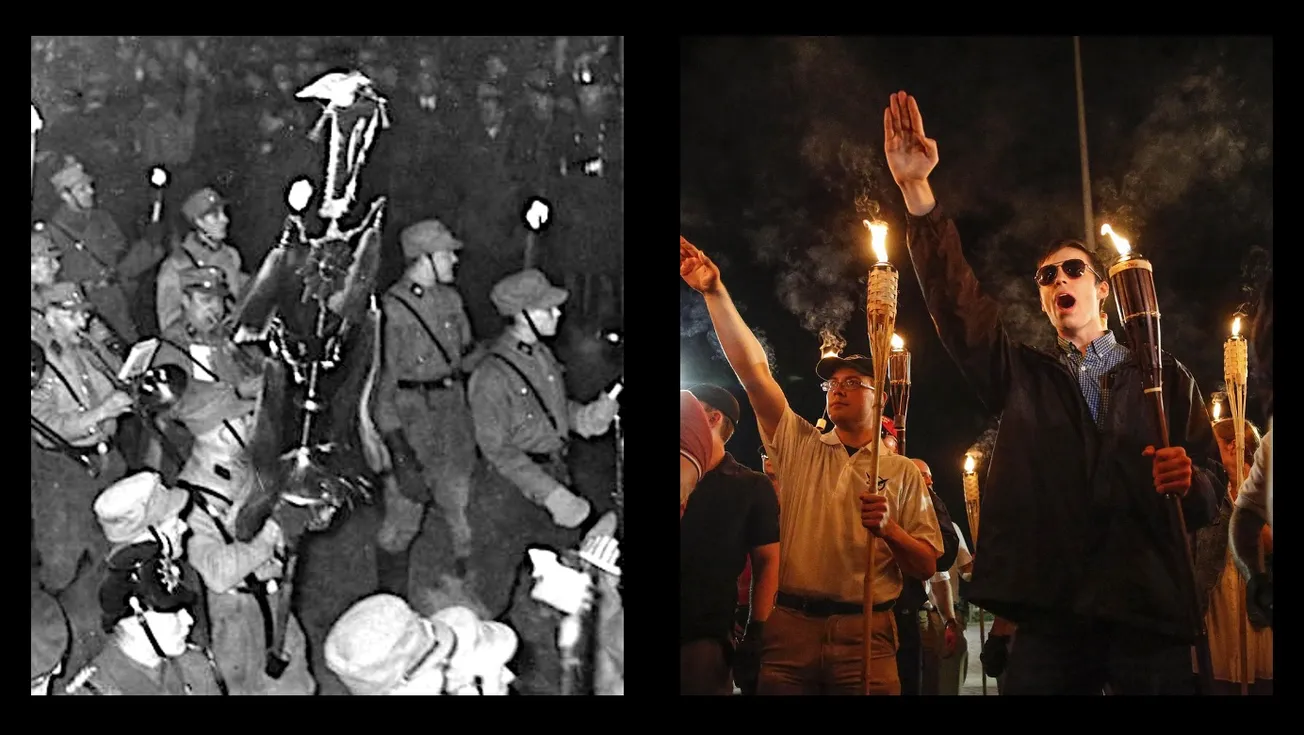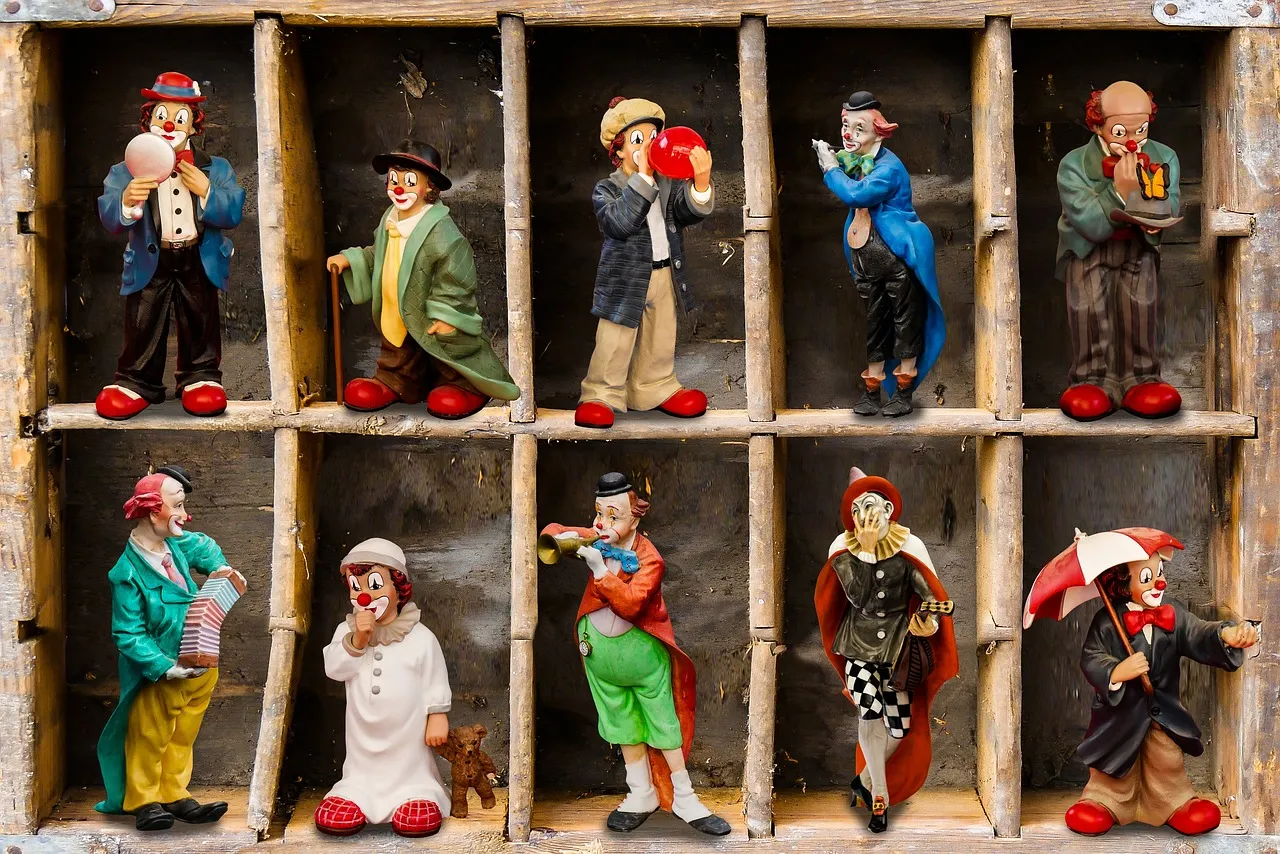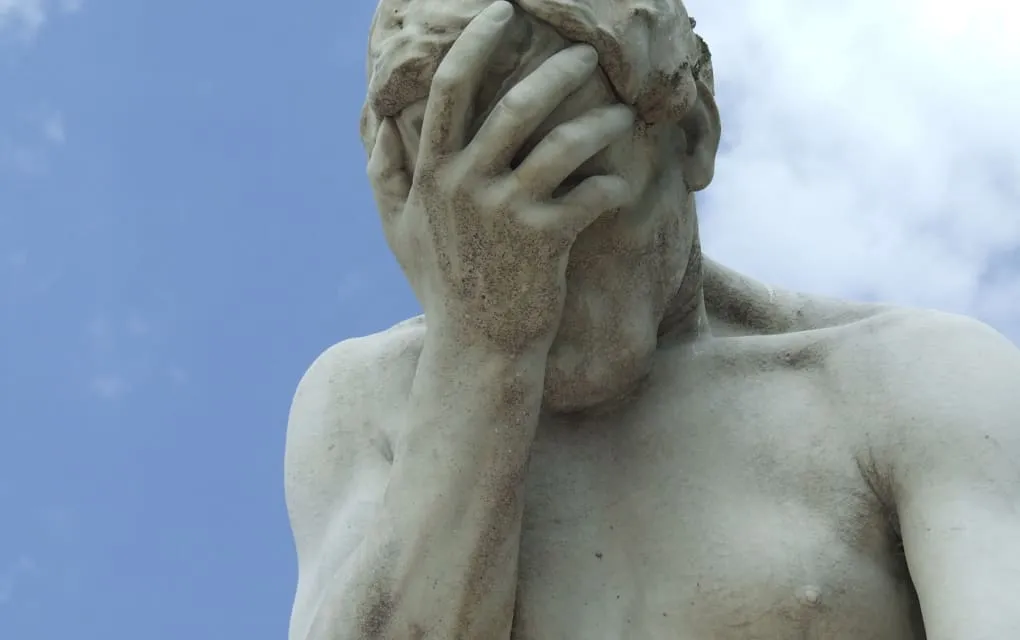“We have moved into a new and frightening era in American politics and governance, one when radicals intent on a revolution and craving major disruption will be not just a vocal minority but potentially dominating a governing body,” political scientist Norm Ornstein wrote about Tuesday’s election.
His Atlantic magazine article was titled, “How Far Would a Republican Majority Go?” Millions of Americans are rightly worried that the Donald Trump-dominated GOP is poised to win back the House and Senate. “We cannot risk the full consequences of that brutal reality,” added Ornstein.
“The future of democracy in America is riding on this Election Day,” similarly warned a Philadelphia Inquirer editorial. “What happens on Nov. 8 will impact the presidential election in 2024 and beyond. Sadly, voters know that democracy is on the line, but many seem more focused on gas prices. ... Four years of Donald Trump’s corruption, lies, incompetence, hate, cruelty, racism, and cozying up to dictators should have shaken every patriotic American to their core. But instead, voters appear on the verge of electing scores of Trump acolytes who are poised to eat away at our state and federal institutions.”
Trump and his mostly white MAGA movement consider themselves patriots. When he promised to “Make America Great Again” he meant for white folks to hear “Make America White Again.” They did, eagerly embracing Trump’s vision of an earlier America when straight white men ran the country, when wives doted on their husbands and happily stayed home to raise the kids, when Blacks were invisible, when Hispanics remained south of the Border and when LGBTQ folks stayed in the closet.
Author Sinclair Lewis apparently never said “When Fascism comes to America, it will be wrapped in the flag and carrying a cross.” But it's an apt description of Trumpism.
“History doesn’t repeat itself, but it often rhymes,” Mark Twain reputedly said. Some say America is rhyming Germany of the 1930s when democracy lost to Adolf Hitler and the Nazis.
From the start, Trump openly presented his authoritarian and anti-democratic agenda. So did Hitler, who made it plain that he intended to destroy Germany’s fledgling Weimar Republic and make himself dictator. He succeeded in 1933. A year later, American journalist William L. Shirer arrived in Nazi Germany.
“What surprised me at first was that most Germans, so far as I could see, did not seem to mind that their personal freedom had been taken away, that so much of their splendid culture was being destroyed and replaced with a mindless barbarism, or that their life and work were becoming regimented to a degree never before experienced even by people accustomed for generations to a great deal of regimentation,” Shirer wrote in The Nightmare Years: 1930–1940.
The author added: “The vast majority did not seem unduly concerned with what happened to a few Communists, Socialists, pacifists, defiant priests and pastors, and to the Jews. A newly arrived observer was forced, however reluctantly as in my own case, to conclude that on the whole the people did not seem to feel that they were being cowed and held down by an unscrupulous tyranny. On the contrary, and much to my surprise, they appeared to support it with genuine enthusiasm. Somehow Adolf Hitler was imbuing them with a new hope, a new confidence, and an astonishing renewed faith in the future of their country.”
“Nazism” is a form of “Fascism,” the name Italian dictator and Hitler ally Benito Mussolini gave to his far-right-wing movement in the 1920s. “We know how the poisonous hate that animates fascism seeps into a society because we saw it ourselves during the 4 years of the Trump administration,” Thom Hartmann wrote in The Hartmann Report. “... We know how easily a government can be toppled [Mussolini ended Italy’s constitutional monarchy] and how close we came on January 6, 2021: if just five Republicans had not refused to go along with Trump we’d be in this fascist dystopia today.
“We can’t pretend we don’t know what’s happening and where it will lead if it’s not stopped.
“This election may well seal or determine the fate and future of democracy in the United States and, by extension, most of the rest of the world.
“Vote as if it’s your last chance to have your voice heard. Because it may well be.”
--30--
Comments








